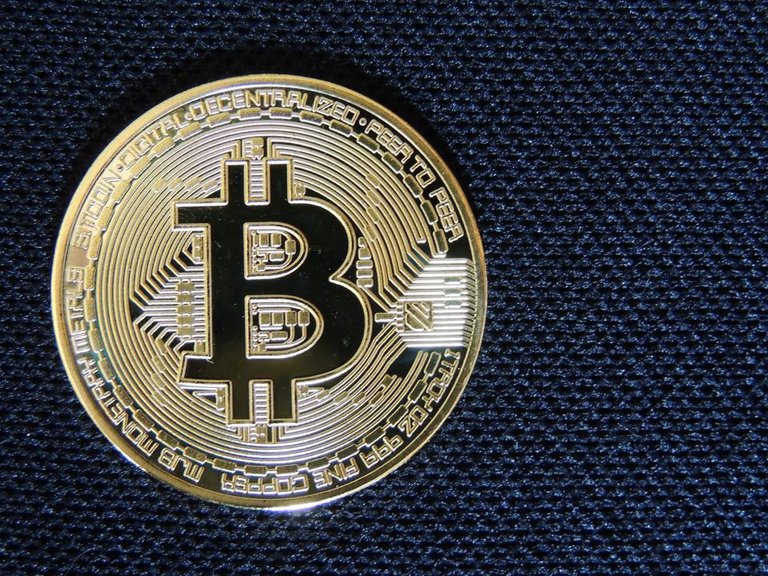As a permissionless, decentralized cryptocurrency, Bitcoin Cash requires no trusted third parties and no central bank. Unlike traditional fiat money, Bitcoin Cash does not depend on monetary middlemen such as banks and payment processors. Transactions cannot be censored by governments or other centralized corporations. Similarly, funds cannot be seized or frozen — because financial third parties have no control over the Bitcoin Cash network.
Bitcoin Cash has various use cases. In addition to peer-to-peer payments between individuals, Bitcoin Cash can be used to pay participating merchants for goods and services in-store and online. Very low fees enable new micro-transaction economies, such as tipping content creators and rewarding app users a few cents. Bitcoin Cash also reduces the fees and settlement times for remittances and cross-border trade. Other use cases include tokens, simplified smart contracts, and private payments with tools such as CashShuffle and CashFusion.
Unlike Bitcoin BTC, Bitcoin Cash aims to scale so it can meet the demands of a global payment system. At the time of the split, the Bitcoin Cash block size was increased from 1MB to 8MB. An increased block size means Bitcoin Cash can now handle significantly more transactions per second (TPS) while keeping fees extremely low, solving the issues of payment delays and high fees experienced by some users on the Bitcoin BTC network.
Anyone can mine Bitcoin Cash. Mining requires specialized hardware called mining equipment, which can either be bought or rented. Miners also need to run a full node software (with the majority of miners currently running BCHN) to build blocks and connect to the rest of the Bitcoin Cash network. Mining can be done independently but miners often pool their hash rate together and share proportionally in the earned block rewards.

Posted Using LeoFinance Beta